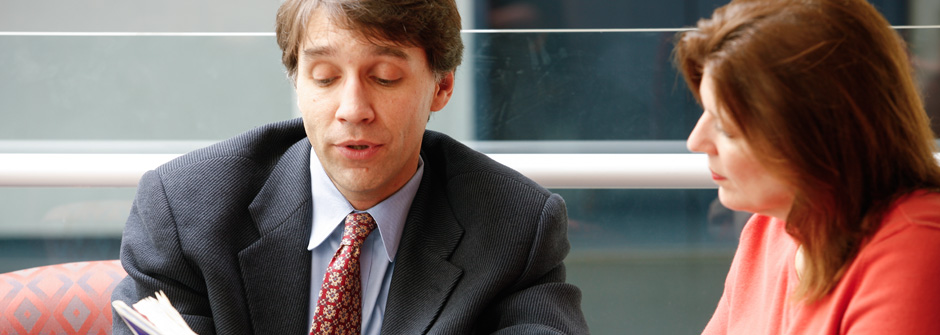
Teaching Resources
Resources for Online Teaching
The following resources cover a variety of topics related to online teaching.
Aha! Moments
Technology
For HyFlex technology resources, go to the HyFlex website to help you quickly mount your materials and lectures online or hold a synchronous
virtual meeting with your students.
Go to: www.shu.edu/hyflextraining for the full calendar of training workshops offered by the TLTC.
Instructional Designers: https://www.shu.edu/technology/instructional-design-liaisons.cfm
Pedagogy:
- Spring 2020
- Fall 2020
- Spring 2021
- “Going Online in a Hurry”
- “Using Discussion Boards”
- “10 Tips for Effective Online Discussions”
- “Time Management Strategies for Online Instructors”
- “How to be a Better Online Teacher”
- “The Online Educator’s Complete Guide to Grading Assignments” – Part I
- “The Online Educator’s Complete Guide to Grading Assignments” – Part II
- “How to Provide Meaningful Feedback Online”
- Access to lots of articles on online assessment/feedback
- Access to lots of articles about engaging online students
- Alternate Assessment Methods
University Teaching Fellows
In August 1995, the Academic Council endorsed the establishment of a Seton Hall University Teaching Fellows Program. The prototype for the program had been started a generation prior, in 1974, by the Lilly Endowment. The Seton Hall program ran from 1996 through 2003, and we are pleased to announce that the Center for Faculty Development is instituting the program again, beginning with the spring 2017 semester. Its purpose is threefold: to promote excellence in undergraduate teaching and learning; to provide support for faculty in the tenure and/or promotion process; and to cultivate faculty to assume leadership positions within the university community.
Peer Teaching Observation Program (PTOP)
Starting this semester, the Center for Faculty Development is offering the Peer Teaching Observation Program for faculty members at any level and in any position who would like confidential, formative feedback about their teaching. The program gives instructors the opportunity to gather suggestions and ideas to improve their teaching in a way that is informal and low stakes, and the instructor may use the assessment in any way s/he sees fit. This is intended to complement the official classroom observations done by departments.
If you are interested in participating, either as an observee or an observer, contact Dr. Elizabeth McCrea
Teaching Race
- Learning to Talk Race in the Classroom
- Teaching About Race, Racism and Police Violence
- 13 Resources for Teaching About White Privilege
- Race Matters: An Instructional Module for College Faculty
- Cultural Competence for College Students: How to Teach about Race, Gender and Inequalitie
- Teaching in Racially Diverse College Classrooms
- Uncomfortable Conversations: Talking About Race In The Classroom
- The Complicated Process of Adding Diversity to the College Syllabus
- A College Professor's Advice On How to Talk about Race and Privilege
- What Can Help African-American Students Feel Included?
- White Fragility: Why It's So Hard to Talk to White People About Racism
- How to Talk About Diversity in the Classroom
- Talking about Race, Learning about Racism: The Application of Racial Identity Development Theory in the Classroom
- Diversity and Inclusion Resources
Experiential Learning Resources
- Experiential Learning Basics
- Experiential Learning: The Importance of Debriefing
- Experiential Learning and Occupational Justice
Campus Resources
University Core
The SHU Core Curriculum is rooted in questions central but not exclusive to the Catholic intellectual tradition. Seton Hall's Signature Courses stress student self-knowledge, a passion for intellectual and ethical engagement, and the development of critical thinking, thoughtful communication, and servant leadership habits for a diverse and evolving world.
Teaching 21st-Century Skills
Seton Hall promotes faculty efforts to develop innovative teaching and learning methods and activities that effectively prepare students for the demands of the 21st century. The Center for Faculty Development assists this work with workshops that promote intentional teaching of 21st-century skills, including creativity, empathy, critical thinking, information/data literacy, advanced platform skills, resilience, and lifelong learning.
Center for Catholic Studies
Founded at Seton Hall University in 1997, The Center for Catholic Studies is dedicated to fostering a dialogue between the Catholic intellectual tradition and all areas of study and contemporary culture through scholarly research and publications and ongoing programs for faculty, students, and the general public.
DOVE Service Learning
An expansion of the DOVE Mission Team, the mission DOVE Service Learning is to develop partnerships that integrate Seton Hall University faculty, students staff and our neighboring communities through applied research, active learning and action projects, aimed at enhancing both the learning environment and community capacity.
Outside Resources
The Teaching Professor
The Teaching Professor is the lively, highly informative newsletter with a singular purpose: to provide ideas and insight to educators who are passionate about teaching. A source of cutting-edge information and inspiration for more than 10,000 educators at universities and colleges worldwide.

